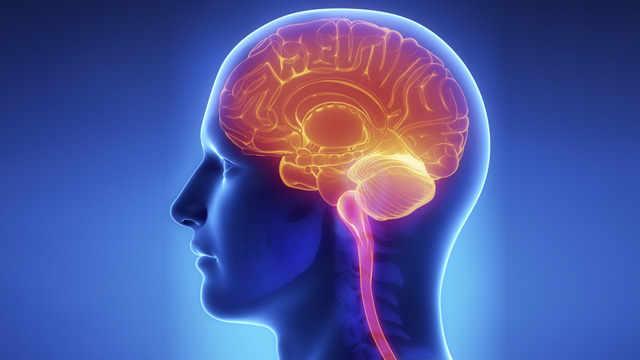
A healthy lifestyle can support the proper functioning of your brain and even encourage it to develop new neurons, a process known as neuroplasticity. Lifestyle factors that could improve memory and encourage neurogenesis include exercise, proper eating, and proper sleep.
Other memory tricks include learning new skills, playing brain games, avoiding unnecessary multitasking, and using mnemonics (specific memory storage techniques) to help you recall information.
Once upon a time, people believed that brain function reached a peak at the beginning of maturity and then gradually declined, resulting in memory gaps and difficulty in thinking.
We now know that our modern lifestyle plays a significant role in cognitive decline, so exposure to toxins, chemicals, low nutritional diet, lack of sleep, stress and other physical and psychological factors can actually prevent your brain from working properly.
Let’s discover some healthy habits that you should include in your lifestyle as soon as possible in order to have a great memory for a long time!
Having an appropriate diet
The foods you eat – and those you do not eat – play a crucial role in the health of your memory. Fresh vegetables and healthy fats are essential, while you should avoid sugar and cereal carbohydrates.
For example, curry, celery, broccoli, cauliflower and nuts contain antioxidants and other compounds that protect the health of your brain and may even stimulate the production of new brain cells.
Coconut oil is another healthy fat, great for brain function
According to a research by Dr. Mary Newport, just over two tablespoons of coconut oil (about 35 ml or 5 teaspoons) will give you the equivalent of 20 grams of medium chain triglycerides (MCTs), which are usually indicated for treating and preventing degenerative neurological disease.
A proper exercise routine
Exercise encourages your brain to work at optimum capacity by stimulating nerve cell multiplication, strengthening their interconnections, and protecting against damage.
During exercise, nerve cells release proteins known as neurotrophic factors. One of them, in particular, called neurotrophic brain-derived factor (FNDC), triggers many other biochemical substances that favor neural health and produce direct benefits to cognitive functions, including learning.
A 2010 study on primates, published in the Neuroscience magazine, also showed that regular exercise did not only improve blood circulation to the brain, but also helped monkeys learn new tasks twice as fast as monkeys who did not exercise. This is a benefit the researchers believe applies to people as well.
Stop trying to do many activities at the same time
Used for decades to describe the parallel processing skills of computers, multitasking is now an abbreviation for the human attempt to do as much as possible, as quickly as possible. Eventually, multitasking may slow you down, predisposing you to “errors” and also making you forget important aspects.
Research shows that you actually need about eight seconds in order to store information in your memory, so if you’re talking on the phone and shopping when you leave your car keys somewhere, it’s very likely to forget where you left them.
The opposite of multitasking would be focusing on one activity at a time. This helps you achieve and maintain a distraction-free focus. If you wake up trying to finish five tasks at once, stop and focus your attention back to the task that was being performed at that time. If various distracting thoughts come across your mind, remember that these are just “projections”, not reality, and let them pass without stressing you too much.
It is recommended to end your day with a meditation session of 10-15 minutes, in order to help your mind stop wandering and to get a restful sleep.



Leave a Reply